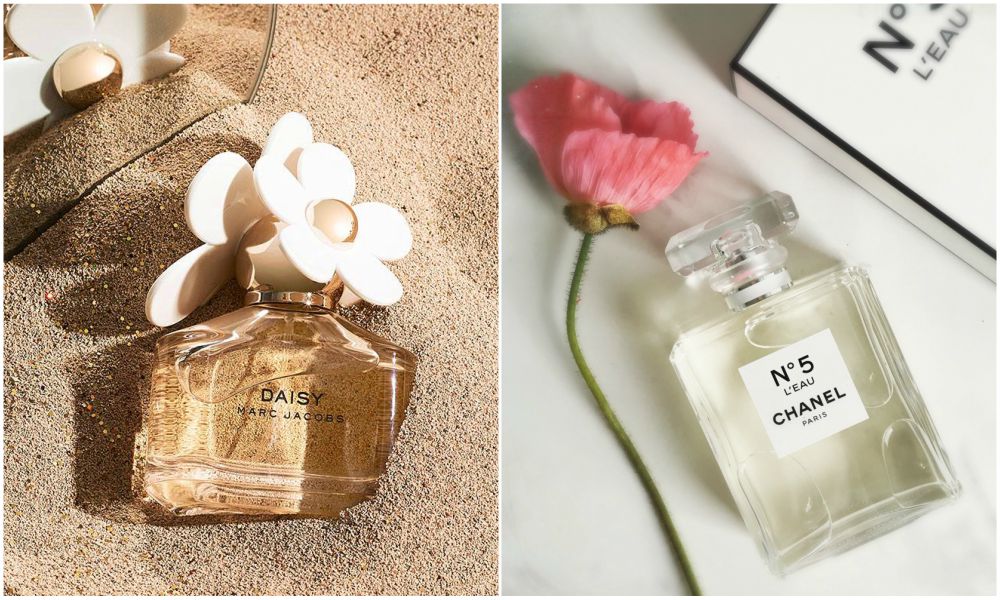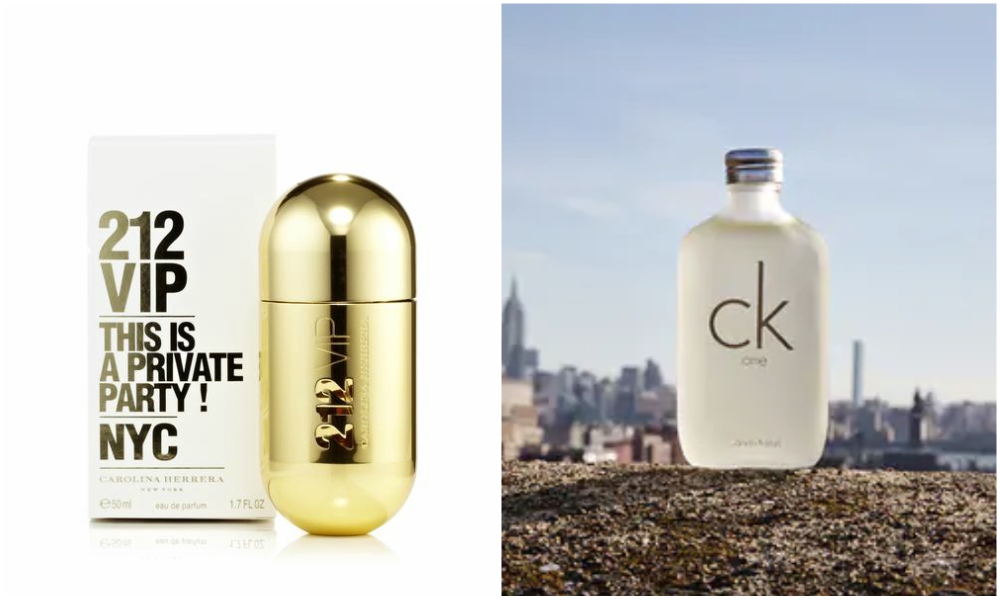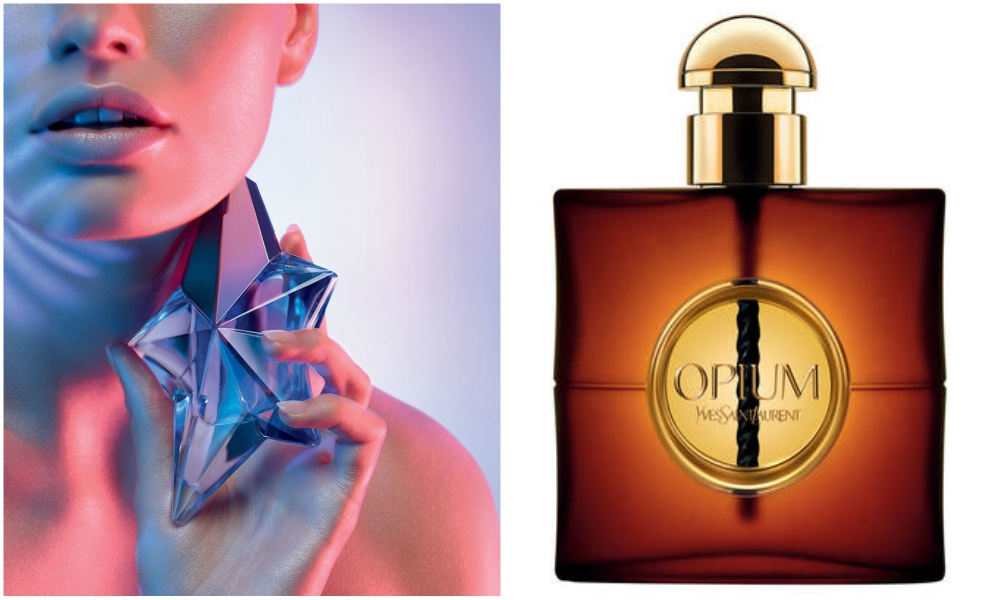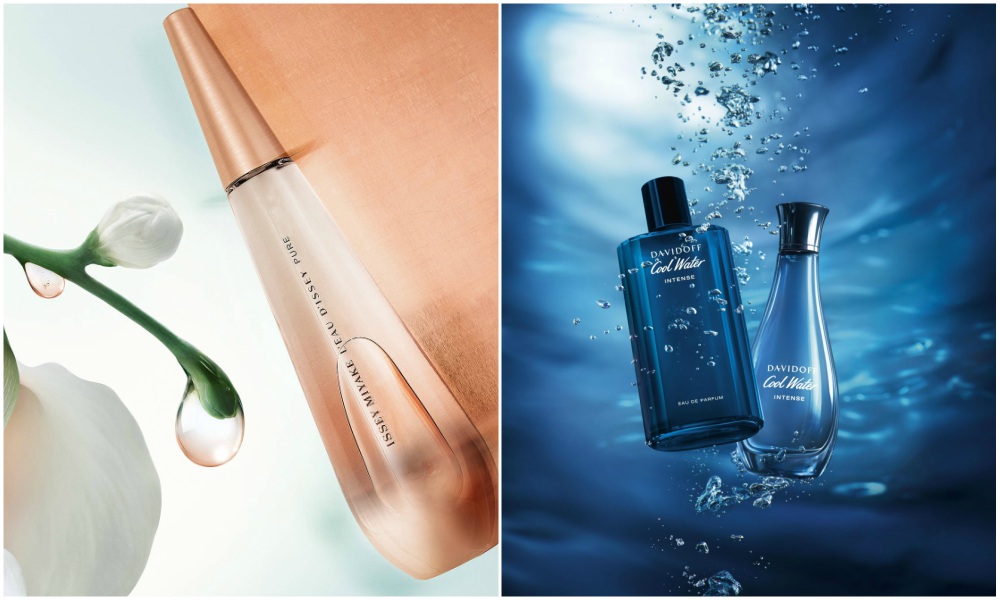Every scent is distinct–-whether it is associated with an object or a person. This is why scents have become personal. While each fragrance carries a personality that suits one’s preference or character, some perfumes become a favorite of many. From limited edition to invigorating combinations, certain fragrances have reached the status of a classic. We have decided to explore how perfumes like Marc Jacobs Daisy and Dior J’Adore continue to be timeless.

Superior quality
Any work or product becomes timeless when it is universally liked for its superior quality. From Mason Pearson hairbrush to Yves Saint Laurent Touche ÉClat, classic beauty products last for its quality. The similar goes for perfumes. Chanel No. 5 has been around for almost a century yet it remains a top bestseller. It may not emit a floral scent like most perfumes for women. Yet its unusual and bold concoction appeals to some connoisseurs and newcomers.

Long-term influence
Perfumes may become a bestseller for the mere association with an artist or celebrity yet its lifespan is short. Classic fragrances are those that began a new direction in the industry. The change is revolutionary and can trend until the incoming decades. Calvin Klein One was the first to break gender barriers with its androgynous scent. For packaging, Carolina Herrera 212 became known for its cleverly designed two bottles in one set that can stand or can lay flat. Issey Miyake L’Eau d’Issey and Davidoff Coolwater series were also breakthroughs with their water-inspired fragrances. The perfumes steered away from excessive florals and strong scents and developed aquatics for the minimalists.
Other perfumes remain timeless with its association with another classic. The Le Labo Santal 33 brings to mind the iconic Marlboro advertisement. The American West icon translates to the perfume with its masculine character from the woodsy smoke notes. Elizabeth Arden Red Door is another example. It is a tribute to the iconic red door of The Red Door Salon and Spa. The perfume is a blend of roses, orchids, and freesia with sandalwood and honey.

Risk-takers
Céline Launay, a fine fragrance expert at L’Oréal, agrees that the great classics are the risky, opinionated ones. YSL Opium earned publicity because of its controversial name. It was related to the suspicion that Yves condones drug use. Yet he simply wanted the perfume to channel an oriental scent. Its concoction consists of exotic florals like lily of the valley and spices like coriander and cloves. Angel by Thierry Mugler became known for its history with the complexity of its bottle. Thierry wanted to depart from the common amber-hued bottle and square shape. The glassmaker developed a refillable, blue star-flacon to symbolize dreamy nights of the perfumer. For its scent, it has the gourmand sweetness of cotton candy, vanilla, caramel and splash of patchouli essence.

New York perfumer Ann Gottlieb shares, “The more polarizing a fragrance is, the longer it takes to be accepted by the public.” Hence, a classic perfume must have a unique character and a great signature scent. Connoisseurs may not wear a certain fragrance or it may not immediately appeal to many. Yet many must respect and agree to the superior quality of a timeless perfume to reach the status of a classic.





